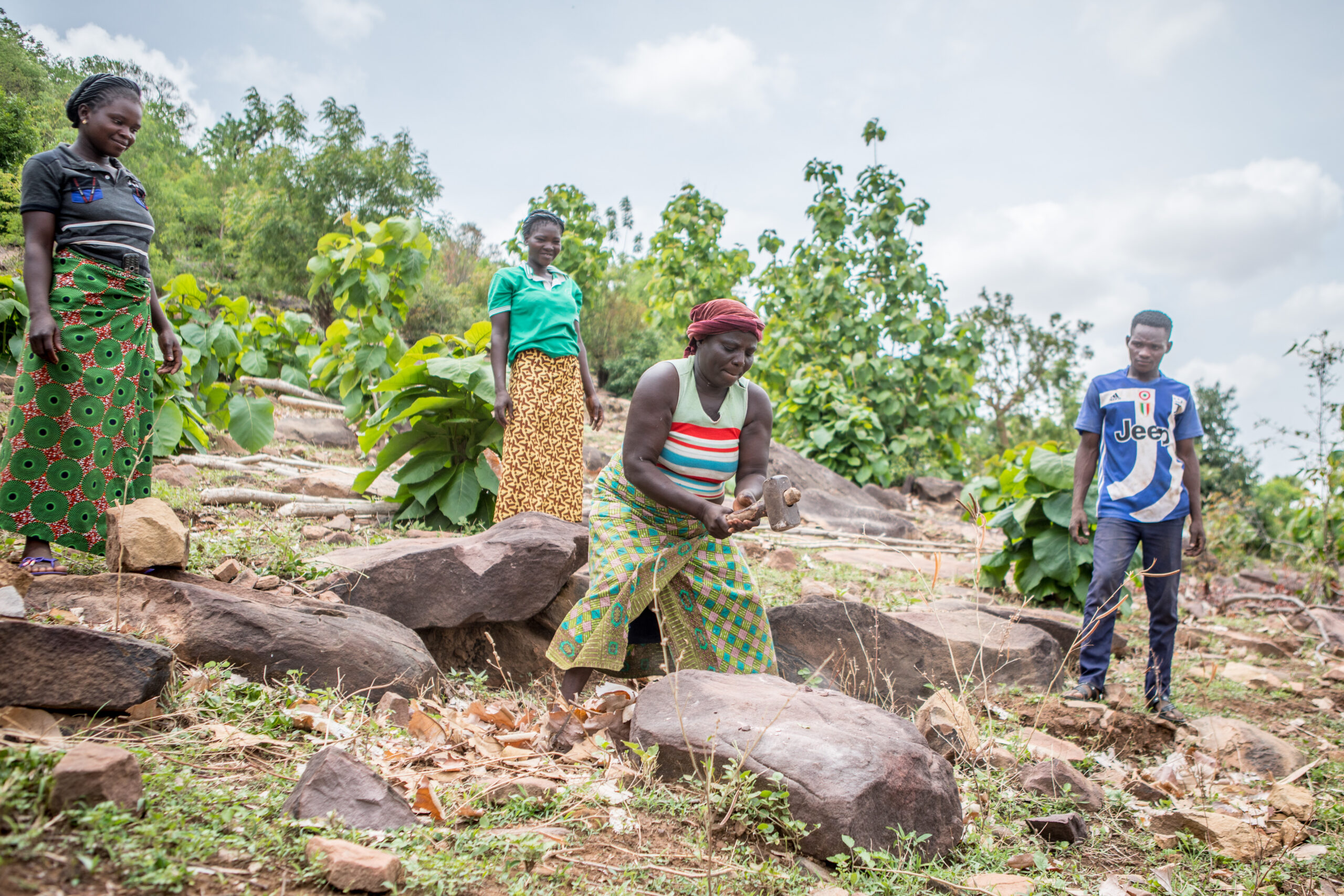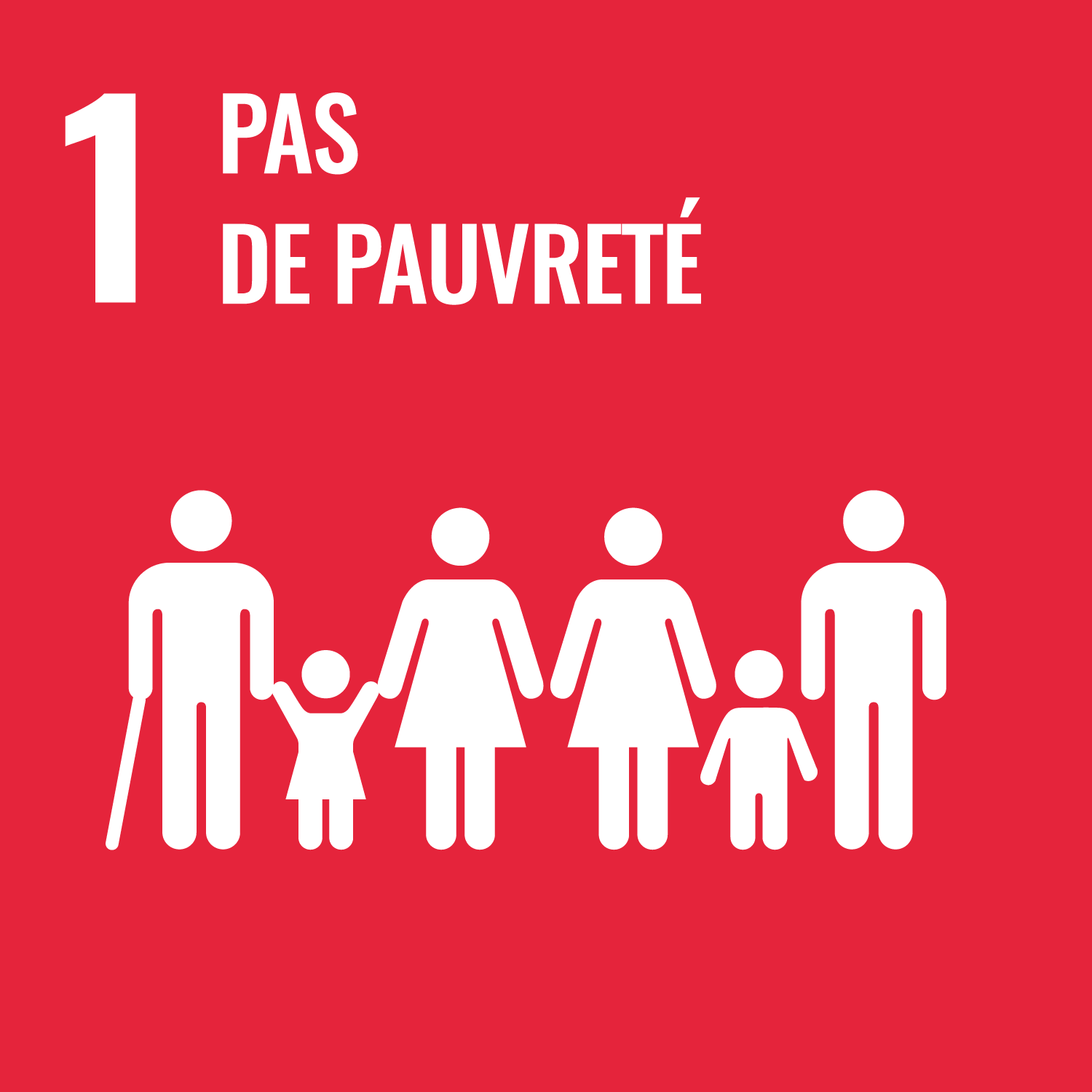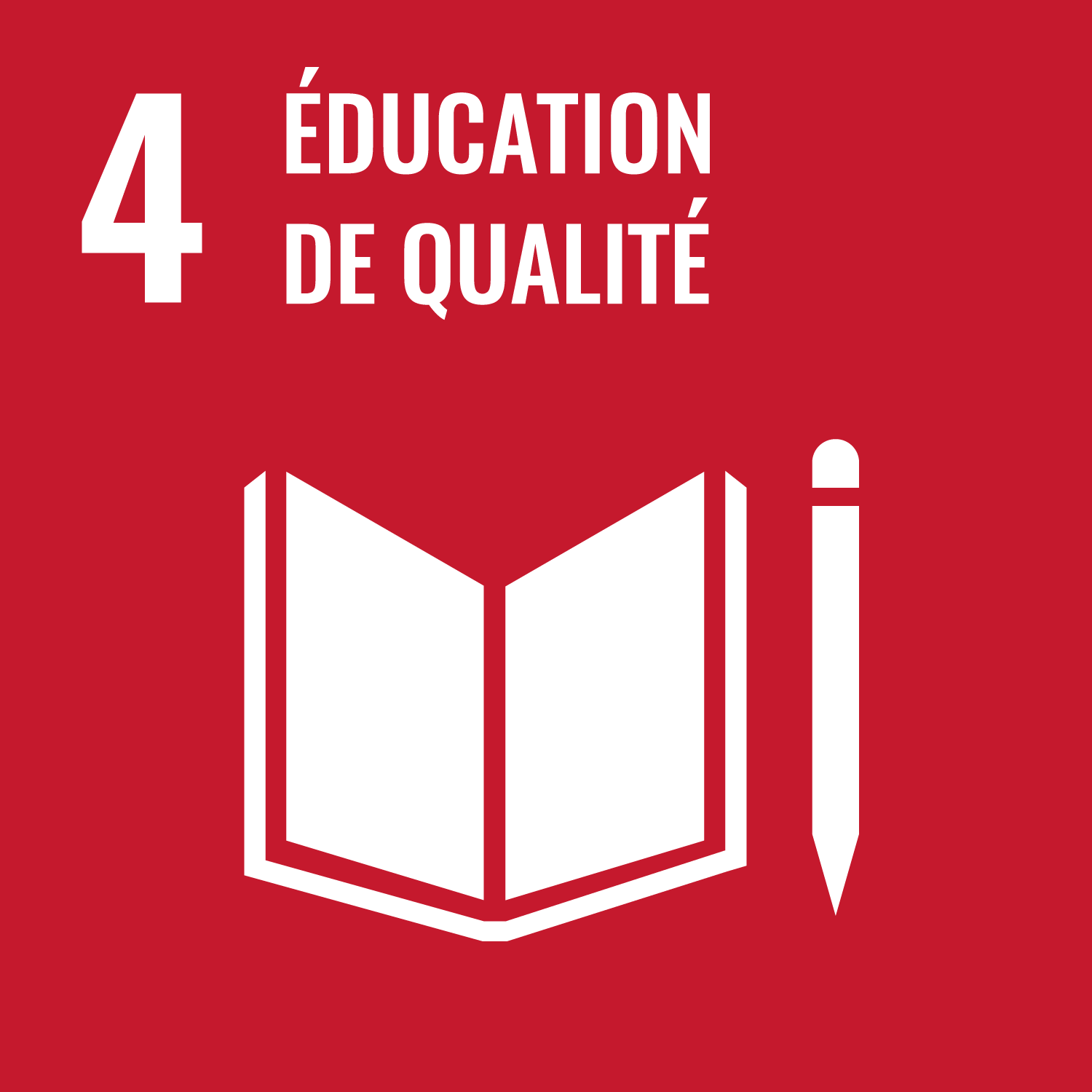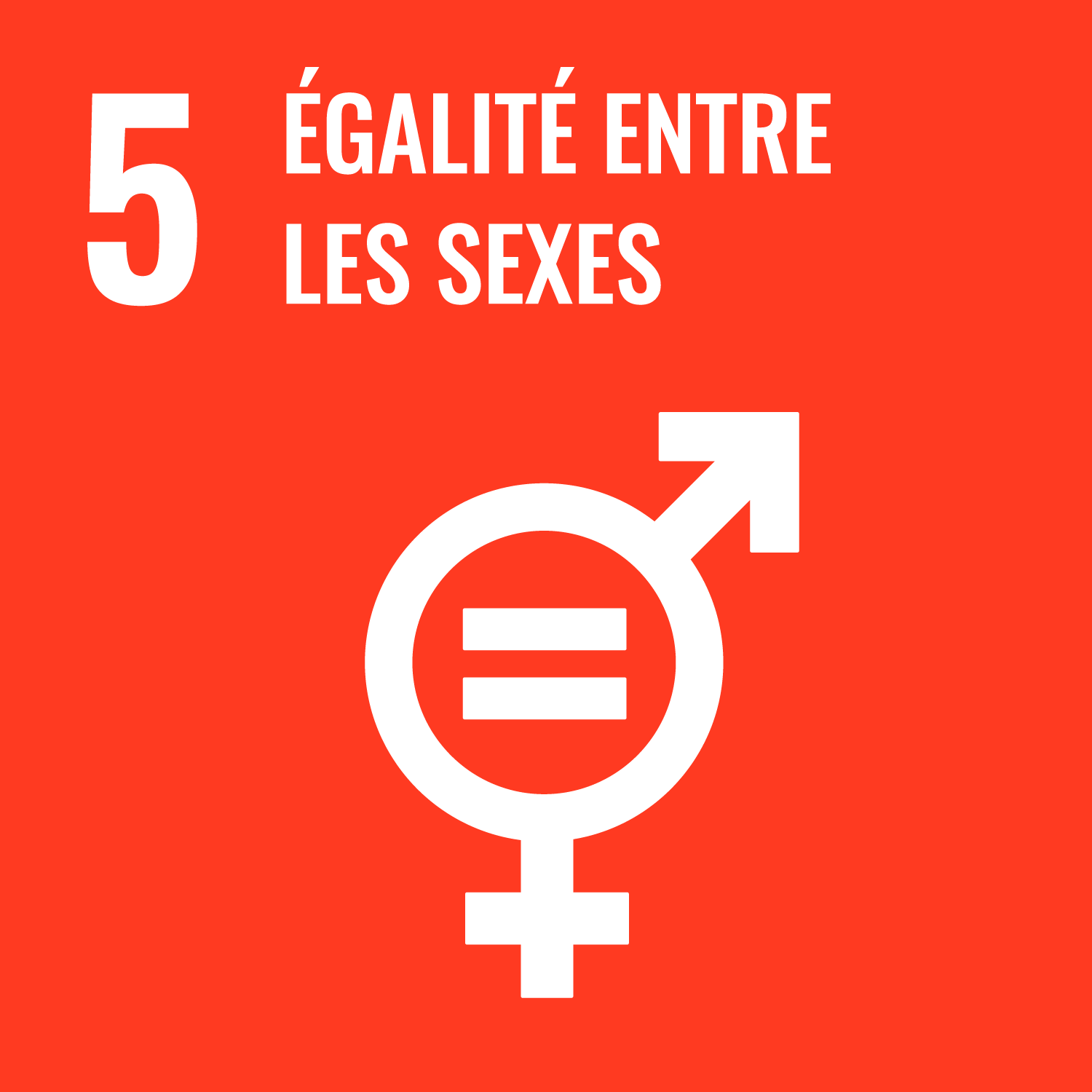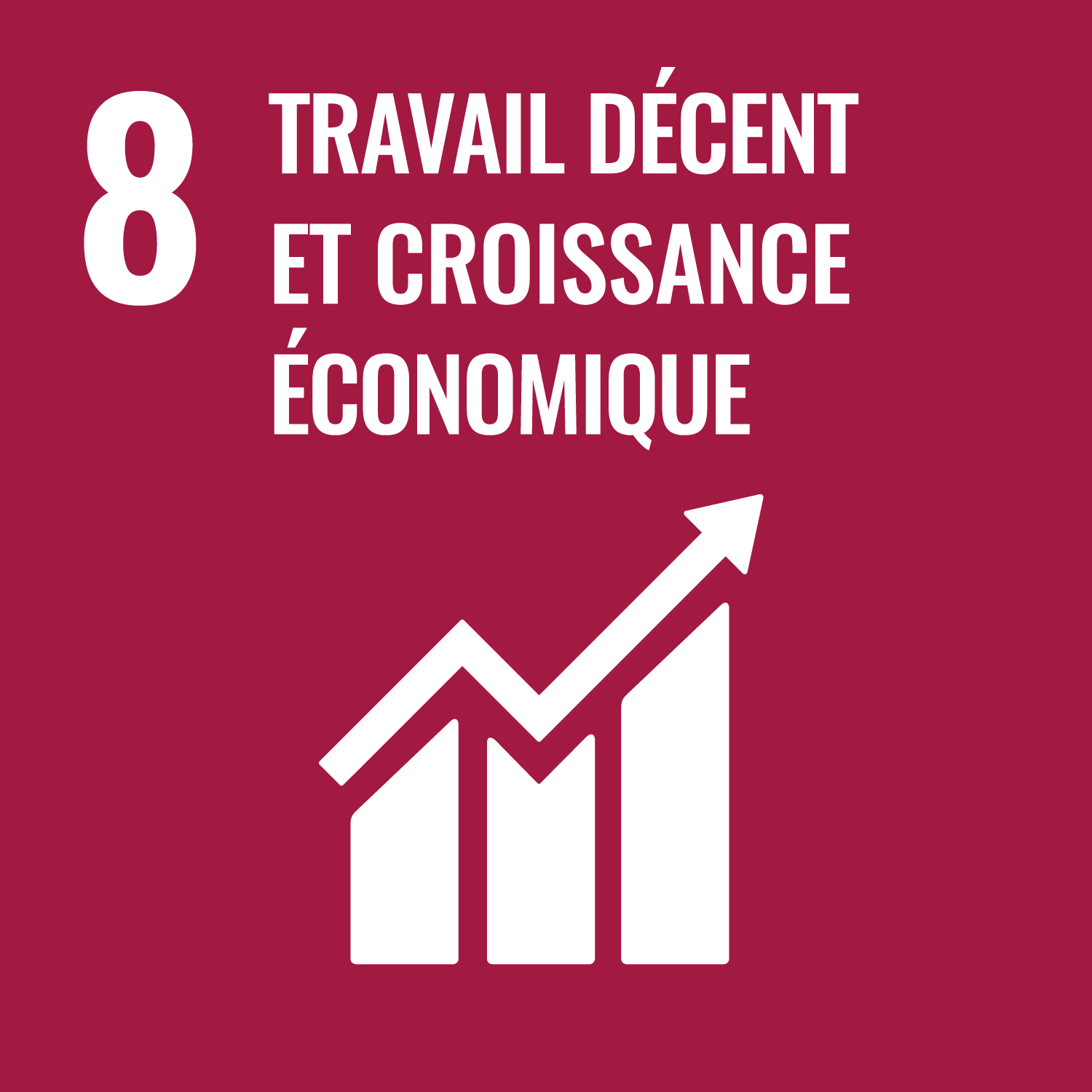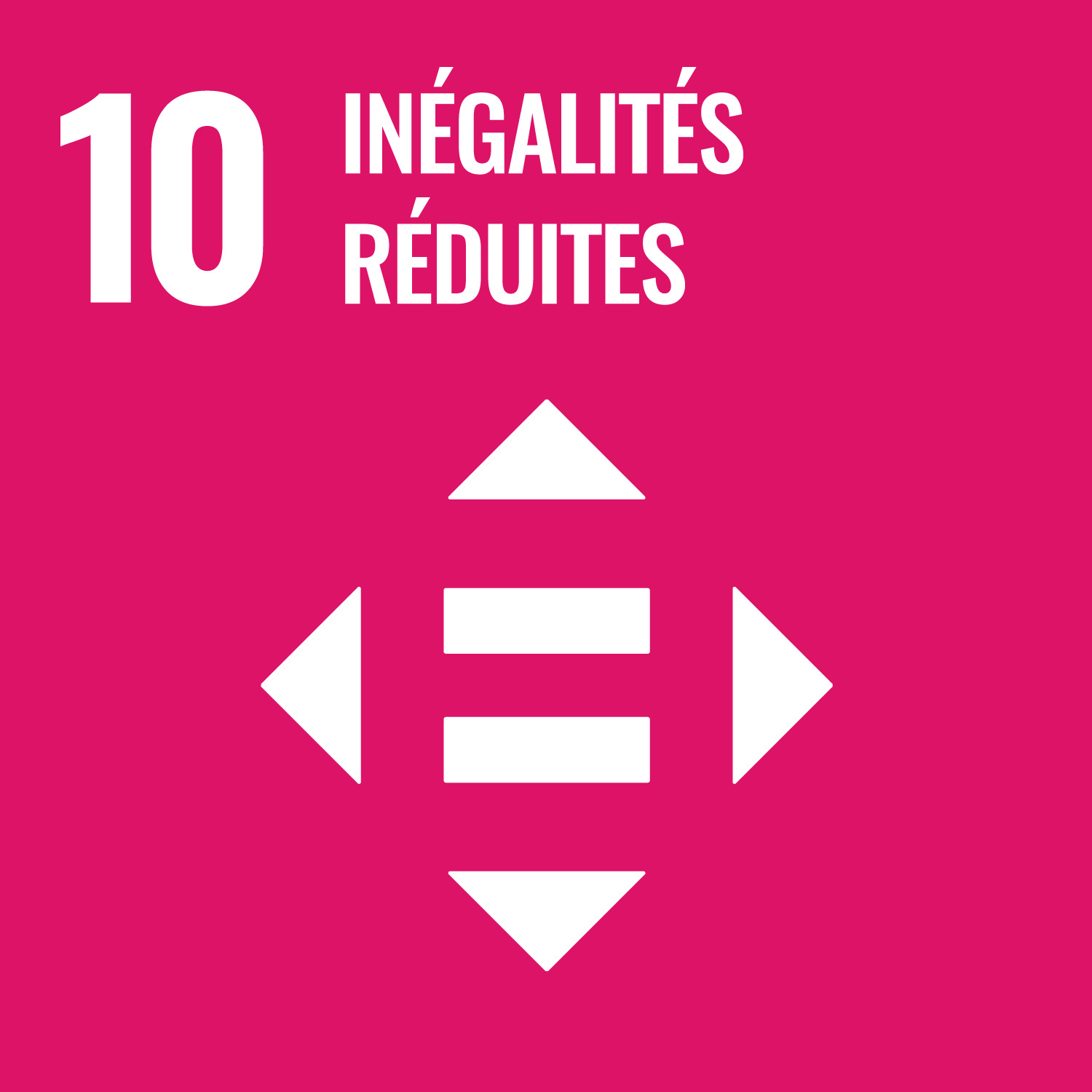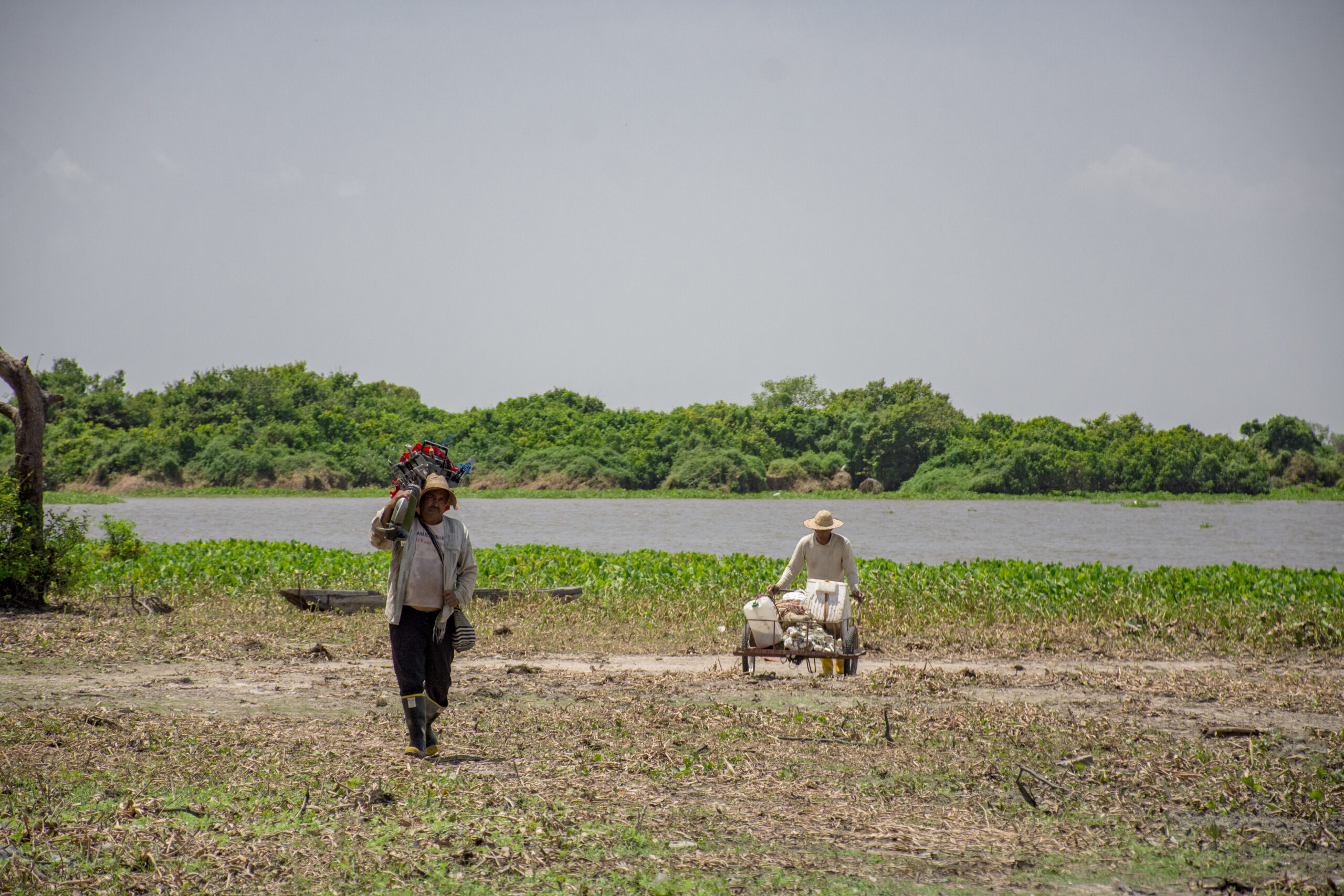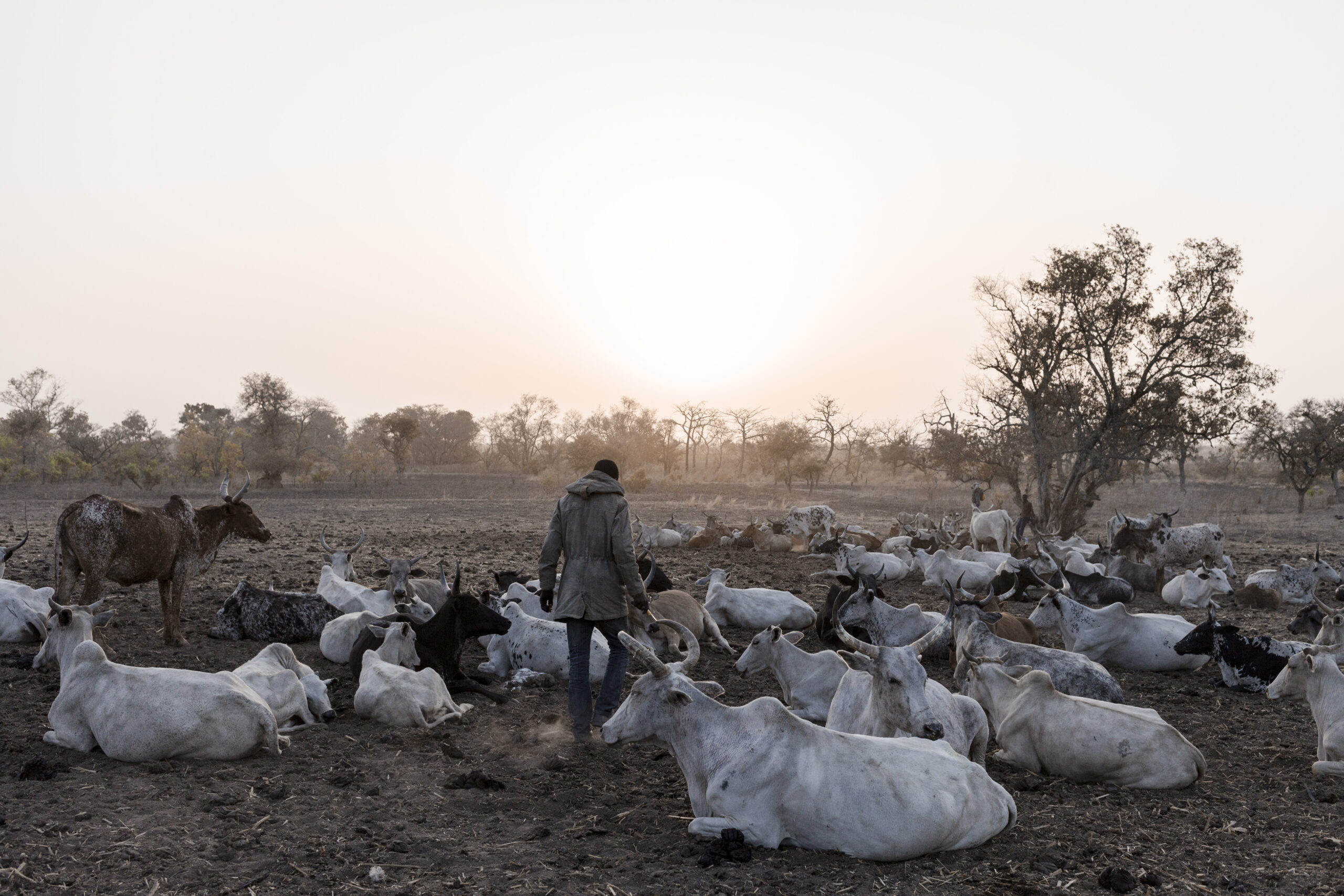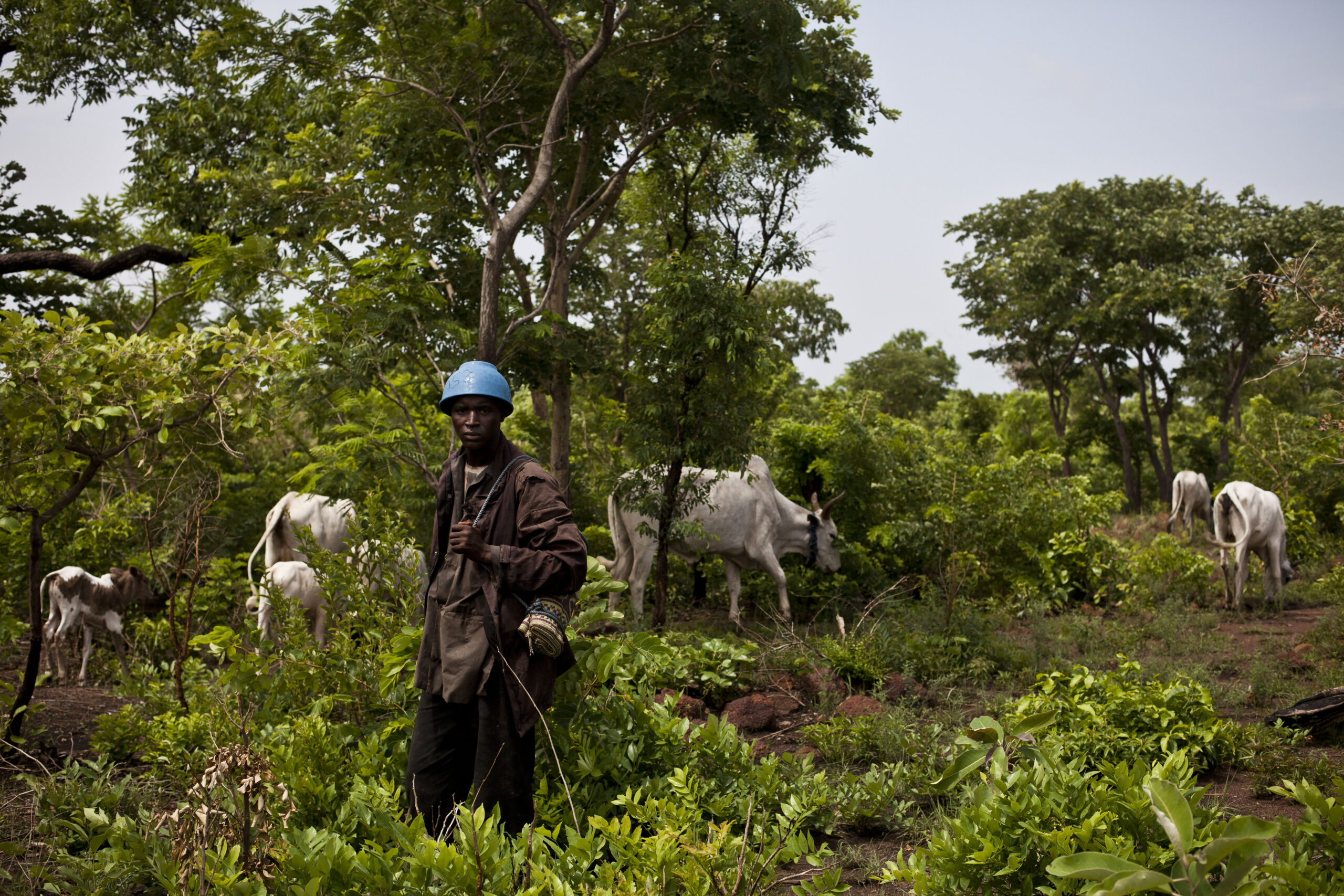| MADE project: Tomorrow’s bricklayers, training and integration in eco-construction |
Reinforcing the professional integration of young people in the building trades
Context
The craft sector in West Africa is a major driver of activity, but remains under-exploited. At the same time, access to employment for young people is a major issue in the region. The MADE project responds to these challenges in Benin and Togo. It reinforces the professional integration of young people in the masonry trades through various levers of support for the sector. Given the context of the region, the project also supports mechanisms to promote social cohesion.
The action
The MADE project is the third phase of a project to promote eco-construction (PAMPEC), with the aim of contributing to the economic and social development of the areas involved and consolidating the actions undertaken by continuing the drive to support the professional integration of young people in the building sector and adding a component to strengthen social cohesion. It is at the crossroads of two major concerns: supporting the craft sector and improving the employment situation for young people. The project is being carried out in Benin and Togo by Acting for Life in collaboration with ACAD and GEVAPAF.
The MADE project aims to
- Contribute to the economic development of the region and strengthen the social integration of young people.
- Enable the young people we support to take up an economic activity, thanks to the training and integration schemes put in place.
- Support the eco-construction sector, a lever for the economic integration of young people and for local development.
- Develop and support activities and initiatives to promote social cohesion, given the growing insecurity in areas where the presence of the State is tending to dissolve.
Key indicators and impact of the MADE project
- At least 179 young people have been trained and/or have improved their skills in eco-construction trades;
- 80% of the young men and 70% of the young women trained are working in the trade for which they were trained at the end of the project;
- 60 young people trained in building and civil engineering (diploma course), 20% of whom were young women;
- 69 young people trained in eco-construction (training leading to a qualification), 20% of whom are young women;
- 50 young people already trained by the project, 30% of whom are women, receive recycling training;
- At least 3 school projects completed and 3 exchange visits organised;
- At least 5 training centres supported;
- The eco-construction sector has been strengthened in the intervention zones thanks to the increase in demand and the professionalisation of stakeholders;
- The volume of activity of professional building and eco-construction organisations has increased;
- Advocacy for the integration of young people: at least 2 training and professional integration committees sessions per year and per country;
- At least 3 dialogue forums organised and 3 awareness-raising sessions held.
